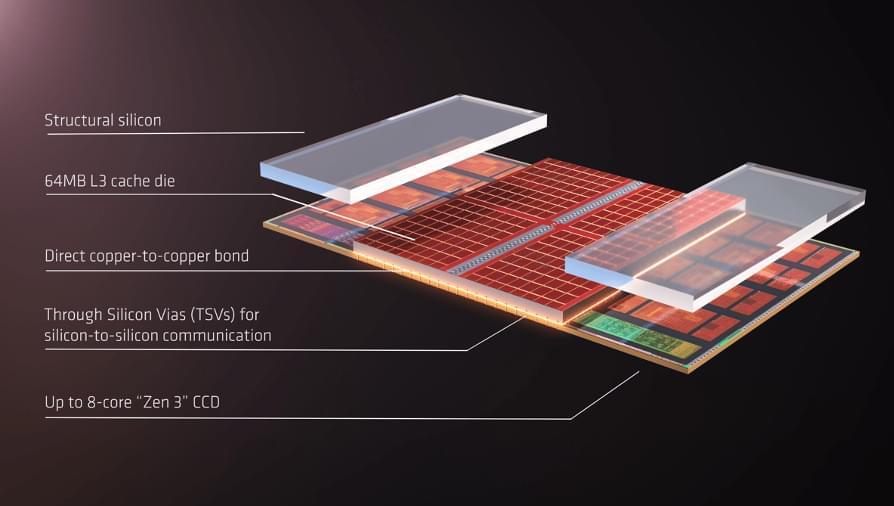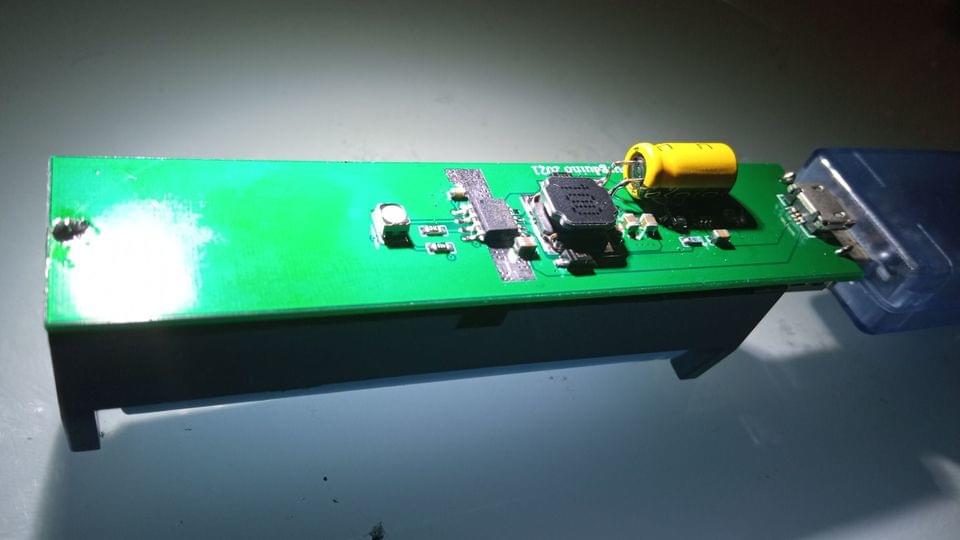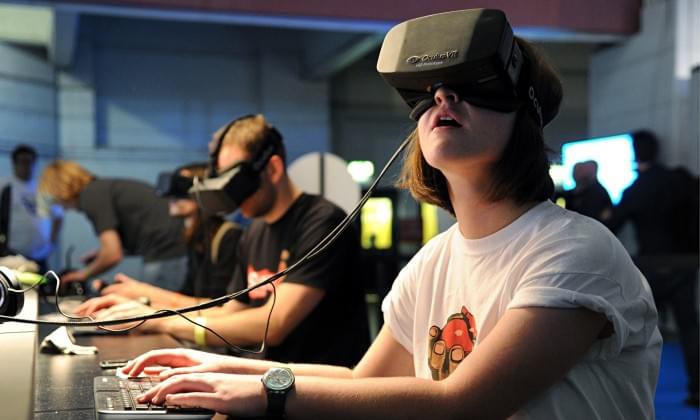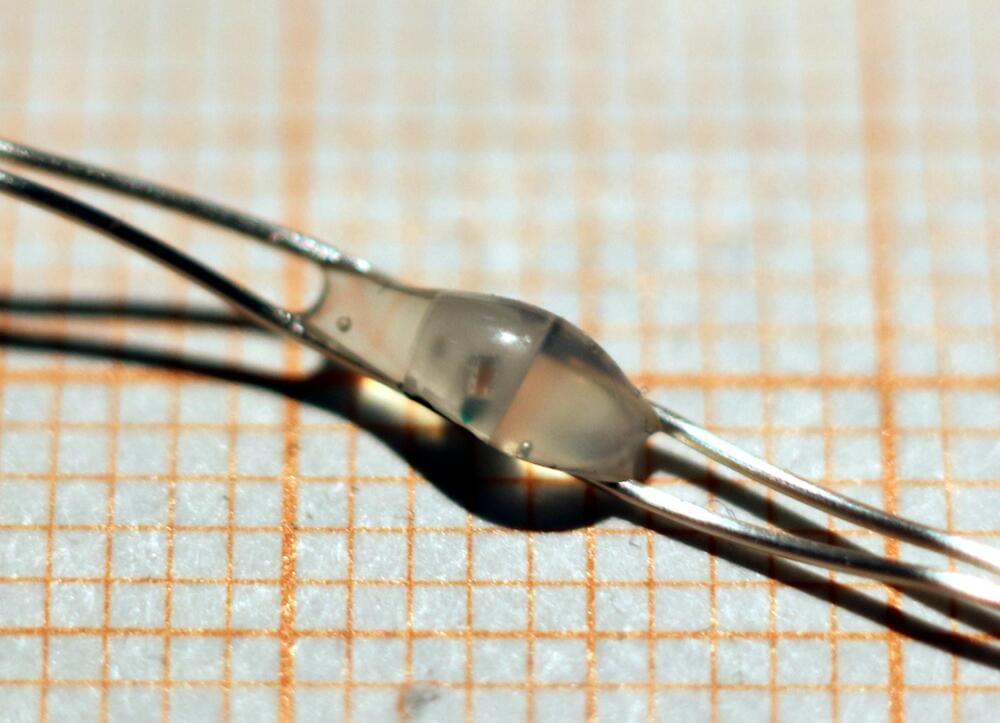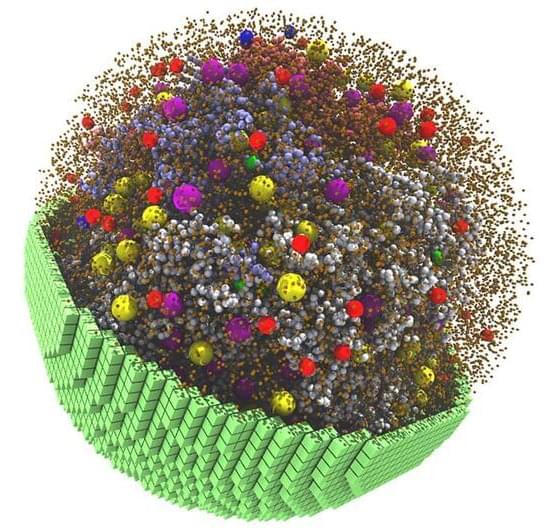For 15 years, scientists have been baffled by the mysterious way water flows through the tiny passages of carbon nanotubes—pipes with walls that can be just one atom thick. The streams have confounded all theories of fluid dynamics; paradoxically, fluid passes more easily through narrower nanotubes, and in all nanotubes it moves with almost no friction. What friction there is has also defied explanation.
In an unprecedented mashup of fluid dynamics and quantum mechanics, researchers report in a new theoretical study published February 2 in Nature that they finally have an answer: ‘quantum friction.’
The proposed explanation is the first indication of quantum effects at the boundary of a solid and a liquid, says study lead author Nikita Kavokine, a research fellow at the Flatiron Institute’s Center for Computational Quantum Physics (CCQ) in New York City.


